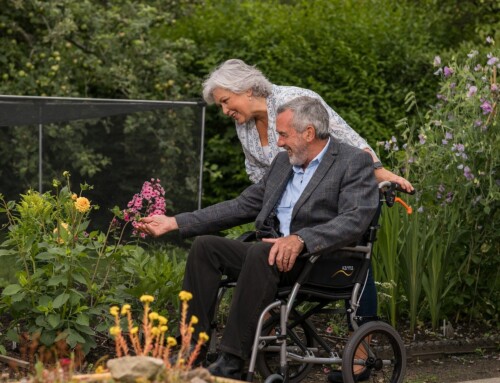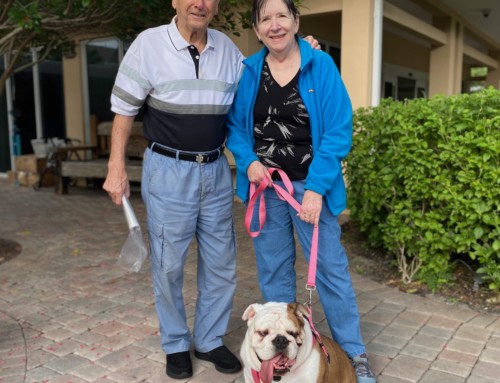Moving a loved one into an assisted living facility is a big step toward ensuring their safety and overall well-being. But even in a supportive environment, proper medical care remains a key concern — especially for seniors managing chronic conditions or recovering from illness or surgery. That’s why coordinating medical care with an assisted living facility is essential for maintaining continuity, preventing complications, and giving both residents and families peace of mind.
Here’s how to effectively coordinate medical care with an assisted living facility in six practical steps.

Understand What Medical Care Services Are Provided On-Site
Not all assisted living facilities offer the same level of medical support. While these communities typically help with medication management, transportation to doctor appointments, and wellness checks, they may not provide direct medical treatment or have full-time nurses or doctors on staff.
When you are considering an assisted living community for your loved one, ask questions about what medical care services are available onsite. Does the facility have an on-site nurse or visiting physician? How often are health assessments conducted? What is the protocol for handling medical emergencies? Is medication administration included, or is it self-managed?
Clarifying these issues upfront helps you identify any gaps in care and determine how much coordination with external providers is necessary.
Establish Clear Communication Channels
Open communication between the facility, family members, and healthcare providers is crucial. Early on, identify the key staff members responsible for your loved one’s care—typically a care coordinator, nurse, or wellness director. Be sure to ask them who you should contact with questions or concerns and ensure your contact information is up to date and that you’re listed as a medical proxy or emergency contact. Other questions may include:
- How will you keep me updated about health changes or incidents?
- How do you coordinate with outside doctors and specialists?
Share Your Loved One’s Medical History and Needs
Provide the facility with a full medical history, including diagnosed conditions, medications and dosages, allergies, recent hospitalizations or surgeries. You should also indicate your preferred primary care physician and specialists. This documentation ensures staff are informed and prepared. Keep it updated, especially if there are changes to medications or treatment plans.
If your loved one has specific needs—like regular insulin monitoring, physical therapy, or oxygen therapy—discuss how these will be managed and what protocols are in place for outside providers to visit the facility.
Coordinate with External Medical Care Providers
In most cases, your loved one will continue seeing their own doctor or specialists. Many facilities allow for home health agencies, therapists, or mobile physician groups to visit on-site. Coordinate these services early by confirming the facility’s policy on external healthcare providers. You will still need to schedule appointments and ensure staff are aware of any conditions or concerns.
Medical needs change over time, especially as your loved one ages or encounters new health challenges. Work with the facility to schedule regular care plan reviews—typically every 6 to 12 months, or after a major health event. Be sure to discuss recent changes in health or behavior, periodically reevaluate medication effectiveness and adjust care goals as needed.
A Banyan Residence Works with Families
Coordinating medical care in an assisted living setting requires teamwork, communication, and proactive planning. By building relationships with staff and ensuring clear lines of communication between all parties, you can help create a supportive healthcare experience for your loved one. This collaboration ensures they receive the care they need—when and how they need it.
A Banyan Residence offers quality care for seniors, with both assisted living and memory care available on site.







